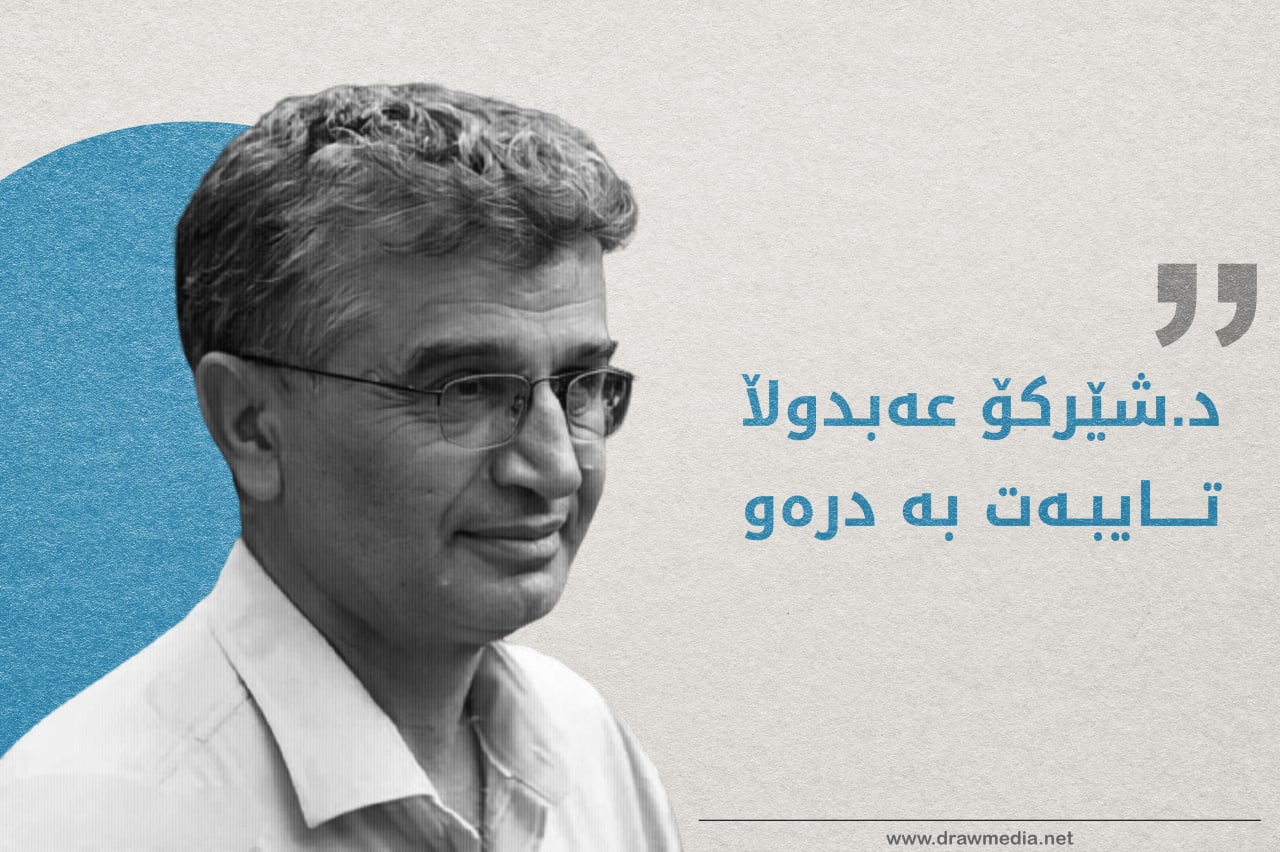Ukraine wins the West's boundless sympathy, but did they forget Iraq?
.jpg)
2022-04-03 11:53:23
The Russian invasion has laid bare the West's hypocrisy, piercing its tattered cloak of righteousness and morality
On a sunny day in Chicago, former US presidents Bill Clinton and George W Bush make their way up a set of steps to the Saint Volodymyr and Olha Ukrainian church. They appear unfettered, dressed in fine sports jackets, not the striped prison pajamas befitting of their past actions.
Gently, they place bouquets of sunflowers outside the church and stand in silence to honor the civilians being erased from existence by Russia’s war machine.
What the audacious, short clip fails to show are the corpses of the forgotten Iraqis torn to shreds by the American war machine. Unlike Russian President Vladimir Putin’s crimes, those of Clinton and Bush came with global impunity.
In a statement last month, Bush condemned the “unprovoked and unjustified invasion of Ukraine”, while Clinton’s former secretary of state, Madeleine Albright, wrote just weeks before her death that Putin was making a “historic mistake”.
Unlike Russia’s invasion of Ukraine, the Iraq War was met with no sanctions or diatribes, receiving hardly a fraction of the condemnation we hear today. In 2003, generations of Iraqis came out limping from a decade of sanctions and into the arms of another war, sugarcoated in ostensibly benign intentions by the US and UK. Hundreds of thousands of Iraqis had their lives ended early and quietly by UN sanctions, and those who survived were irreparably damaged by repeated air raids.
Today, each bomb launched by Russian soldiers lays bare the West’s hypocrisy, piercing its tattered cloak of righteousness and morality.
Denying our pain
One might think that the European officials who deliver vicious tirades against the “barbarians” drowning and freezing to death at the gates of Europe are rotten apples. But in fact, western newsrooms reek with the stench of dormant racism.
Even after the forays of New York Times reporter Judith Miller, columnist William Safire and their ilk in the sewers of shame, Times reporter Dave Philipps wrote of the US veterans joining the fight in Ukraine, who had previously been “trying to spread democracy in places that had only a tepid interest in it”.
It seems that the Iraqi babies born with encephalocele, cleft lips, and spina bifida are not enough of a reminder that it was not democracy, but depleted uranium and white phosphorous that the US was spreading in places that had no interest in them.
Even some of the livid, anti-Iraq-War Americans who lament this stain on their exceptionalism refer to it as a “mistake” or “blunder”, as Iraqi poet Sinan Antoon reminds us. This implies naivete at the decision-making level - miscalculations that could be understood and, perhaps, forgiven.
In reality, the acts were predatory. The knowledge that enabled and encouraged them was not insufficient, but deliberate and lethal. In the face of this forgetfulness and denial of our pain and our dead, I feel violated. There is no escape from the beasts of trauma when acknowledgment, let alone accountability, is absent.
Tonight, as I try not to think of the anniversary of the invasion of Iraq, bombs ring in my temples. I try to act normal. I try to ignore the sirens that drown out the wailing of Iraq’s grieving mothers, echoing deep in a bottomless abyss, whose edge I traverse in my nocturnal solitude away from Iraq.
'Roaming the ruins'
It is painful to be Iraqi. Even the sweetest memories are now buried deep under the rubble of nightmares that haunt us. I seek refuge in the words of Antoon, but he, too, yearns for Iraq’s rivers from his exile: “This umbilical cord extends from my heart to the banks of the Euphrates / I sever it every morning but, at night, nostalgia mends it.”
I turn to the late, great Saadi Youssef, but I find him walking hurriedly to the last car of a train taking him from one exile to the next, while chased by his enemy, nostalgia: “How did you find me? Jump at me like a hawk?”
I decide to ask poet Sargon Boulus, but even in death, he is still there: “Roaming the ruins / mourning the sons of his city, dreaming at times / of soaring like an eagle, over the heads of the murderers and the murdered.”
Like Boulus, I find myself descending into the dangerous territories of memory, rummaging through the wreckage of time to salvage happy shards from a smoldering past. I tiptoe my way towards Baghdad, past barbed wire fences under plumes of smoke.
Quietly, so as not to trouble the mothers lining these streets, beating on their chests as the bodies of their babies pass by in endless funeral convoys, I approach afternoons washed in the heavenly fragrance of narenj flowers in blossom.
Alongside my family and friends, I pick up mulberries and Khastawi dates that have fallen on the lawn, before rolling up my tracksuit to chase a nylon football in bare feet. My mother rolls chard leaves in the kitchen for a delicious dolma lunch in the garden.
I wipe a tear from my cheek as I visit distant nights, sharing stories with my father on our rooftop, dazzled by a million stars twinkling in the skies of Iraq. That was before the “shock therapy” that Times columnist Thomas Friedman prescribed, scarcely mentioned in the US media today.
Messengers of death
In Baghdad, the American war machine unleashed an orgy of death, which unfolded to hysterical ululations from American newsrooms. “Give freedom a chance,” Safire wrote in 2003. An inferno ensued.
The Iraq Body Count database documented 315 daily civilian deaths during the US invasion of Iraq, from 20 March to 9 April 2003. More than 22,000 others were wounded during the invasion phase alone. Now, our dead are countless.
Cluster bomblets landed in my family’s garden. We rarely slept on the roof thereafter, fearing not only stray bullets and shrapnel, but also that invading troops would pick us off like pigeons, as they often did to those inferior beings they had come to “liberate”, but whose sons and daughters they massacred and raped.
We would run upstairs to watch the columns of smoke rising from the day’s bombing sites. Outside, shrapnel and scorched, shredded human flesh was scattered under our feet in the sun. Routine clashes meant that no early birds sang in the mornings, which were soaked in the stench of rotten corpses laid out on the sidewalks.
I walked past these swollen corpses en route to school. I still do in my sleep.
Tonight, I see my mother’s face, horrified as she opens an envelope on our doorstep with a bullet and a death threat inside. Like everything else in the country, the mail system stopped working in 2003, but the messengers of death know how to deliver his letters.
I see my mother the moment she learns of my father’s abduction, and I hear her voice when our western Baghdad neighborhood turns into a battlefield: “I cannot stay here anymore. I will lose my mind.”
'I need some air'
Alas, nowadays, my mother sleeps alone in a cemetery in Baghdad. After 30 years spent educating generations of students, she passed away last summer in a state hospital where no one recovers; where nurses are bribed by patients’ caretakers to provide the medication they need on time.
I remember how, when I tried to bring a fire extinguisher into the isolation ward where she slept - shocked they didn’t already have one after infernos had incinerated dozens of patients in Baghdad and Nasiriyah - hospital administrators reluctantly allowed me inside because “it would make people speak”, meaning that a scandal might ensue.
And I remember how, during a merciless summer afternoon, the power went out and the air conditioning stopped working for hours, only to be restored after I begged a senior health ministry official for help. I wondered how long it would otherwise have taken them to fix it.
The words of my mother as she spoke from behind her CPAP mask still haunt me: “It is hot. I need some air.” With her passing, I was orphaned for a second time. Like many Iraqis, I was first orphaned by the theft of Iraq.
Today, Iraq is in the hands of some of the same crooks who have pillaged its coffers for the past two decades. Many won parliamentary seats in the October elections. But this is all normal in Iraq.
Enduring barriers
The Pope visited our country last year, and a foreign journalist loved the mural with his image painted on the concrete barriers still erected outside the Sayidat al-Nejat Cathedral in Baghdad.
The presence of these concrete giants testifies to the insecurity that necessitates them, but the United Nations was also fascinated with them, posting photos of other areas where murals encouraged Iraqis to vote: “Stop and post a selfie,” noted one tweet from a UN account.
Lost in all of this was the fact that these barriers represent enforced communal divisions, the encroachment of the state and its coercive apparatus on the public domain, and the securitization of the latter.
For years, these barriers were plastered with funeral banners that Iraqis hung for loved ones who perished in the lethal security failure enabled or orchestrated by many of the same crooks who ran in the recent elections. They are an ugly sight, a sign of persistent trauma. But, to outsiders, they are a natural feature of the landscape.
This is how an abnormal situation is normalized. The desperate protesters mowed down by the hundreds after demonstrations erupted in October 2019 have “ruined everything”, as a former minister once told me.
Perhaps they should have known not to disturb the march to progress, and instead joined their peers who commit suicide by the hundreds every year - to leap from a bridge, set their hungry bodies ablaze, or hang themselves from a ceiling fan in the depths of night.







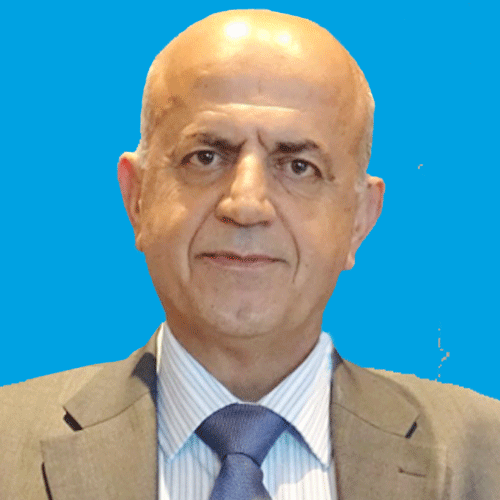
.png)

.png)
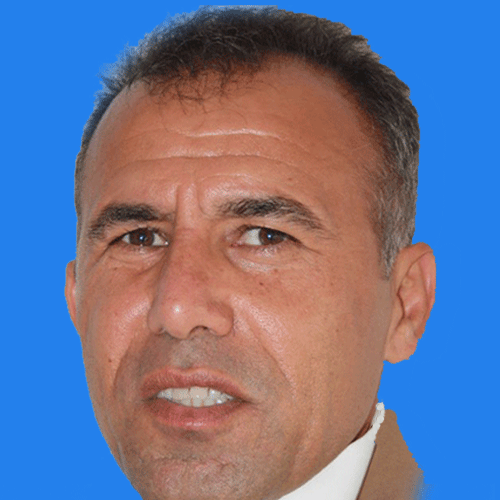


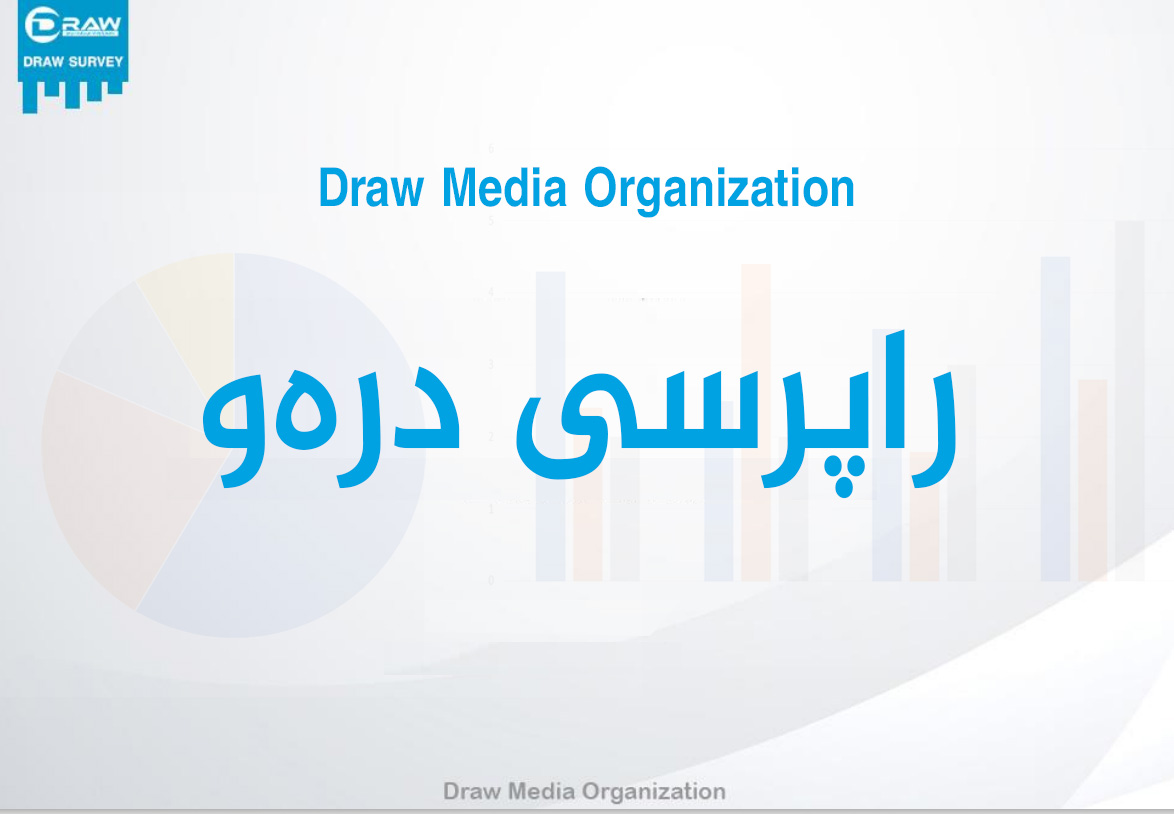

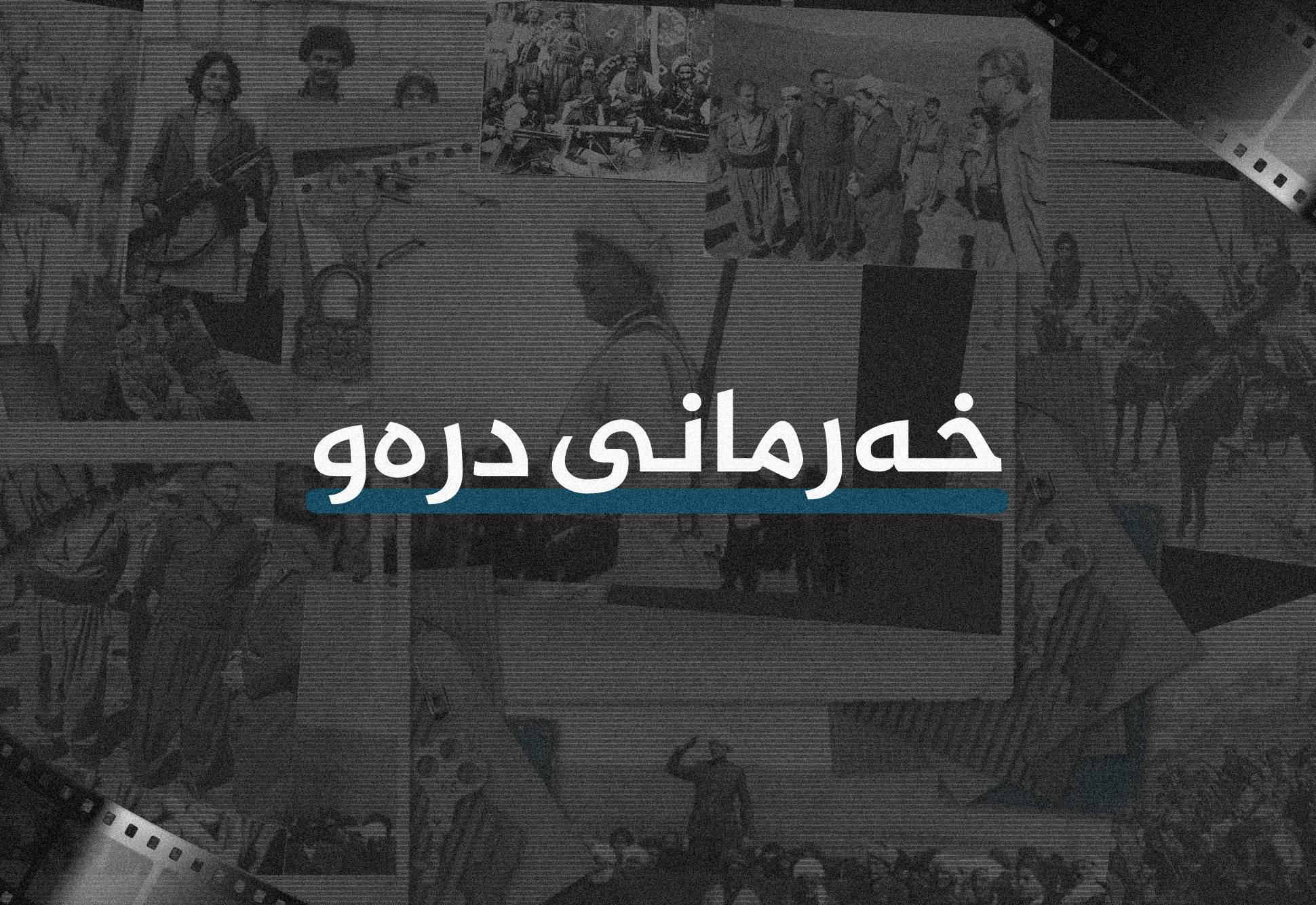
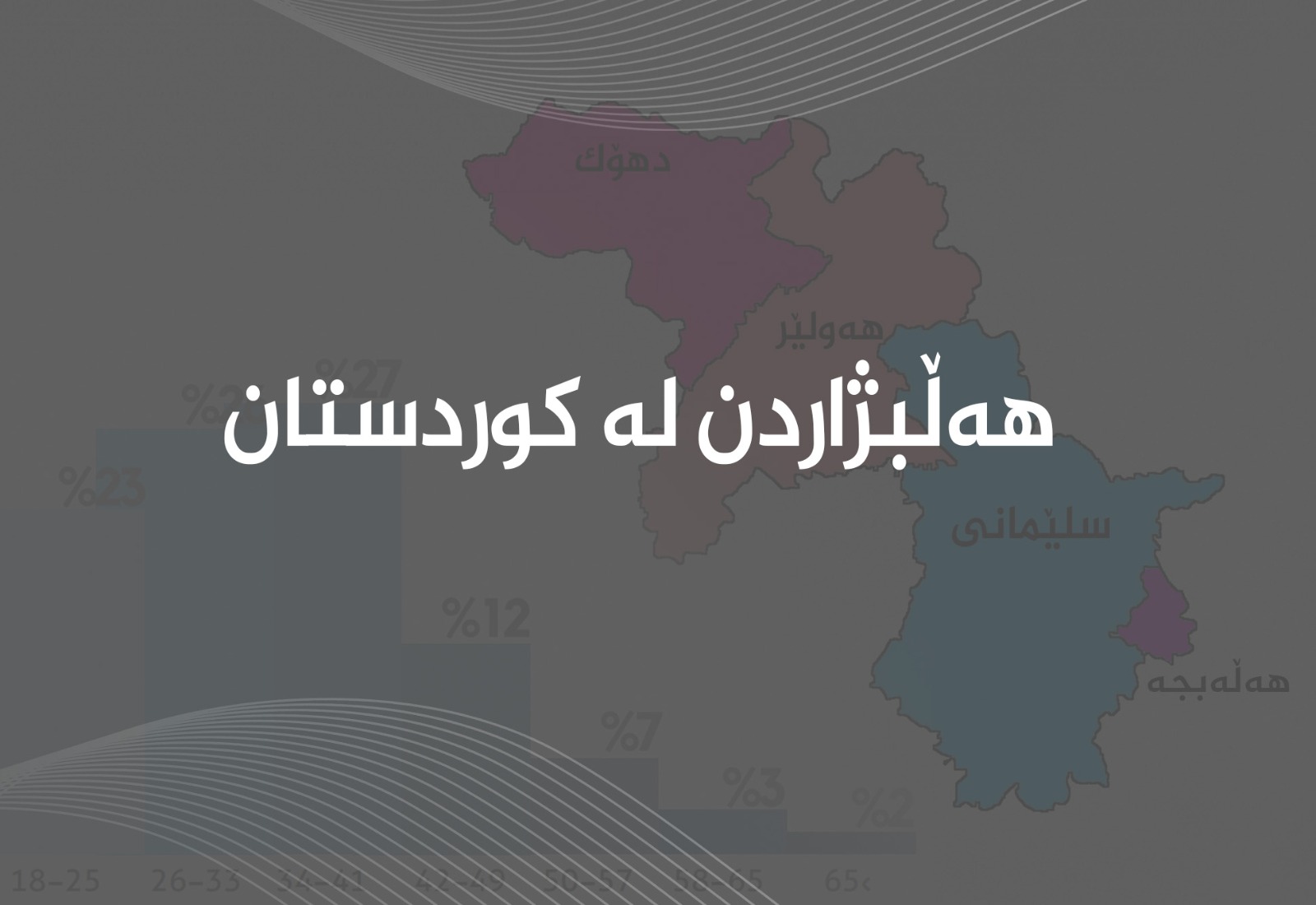
.png)
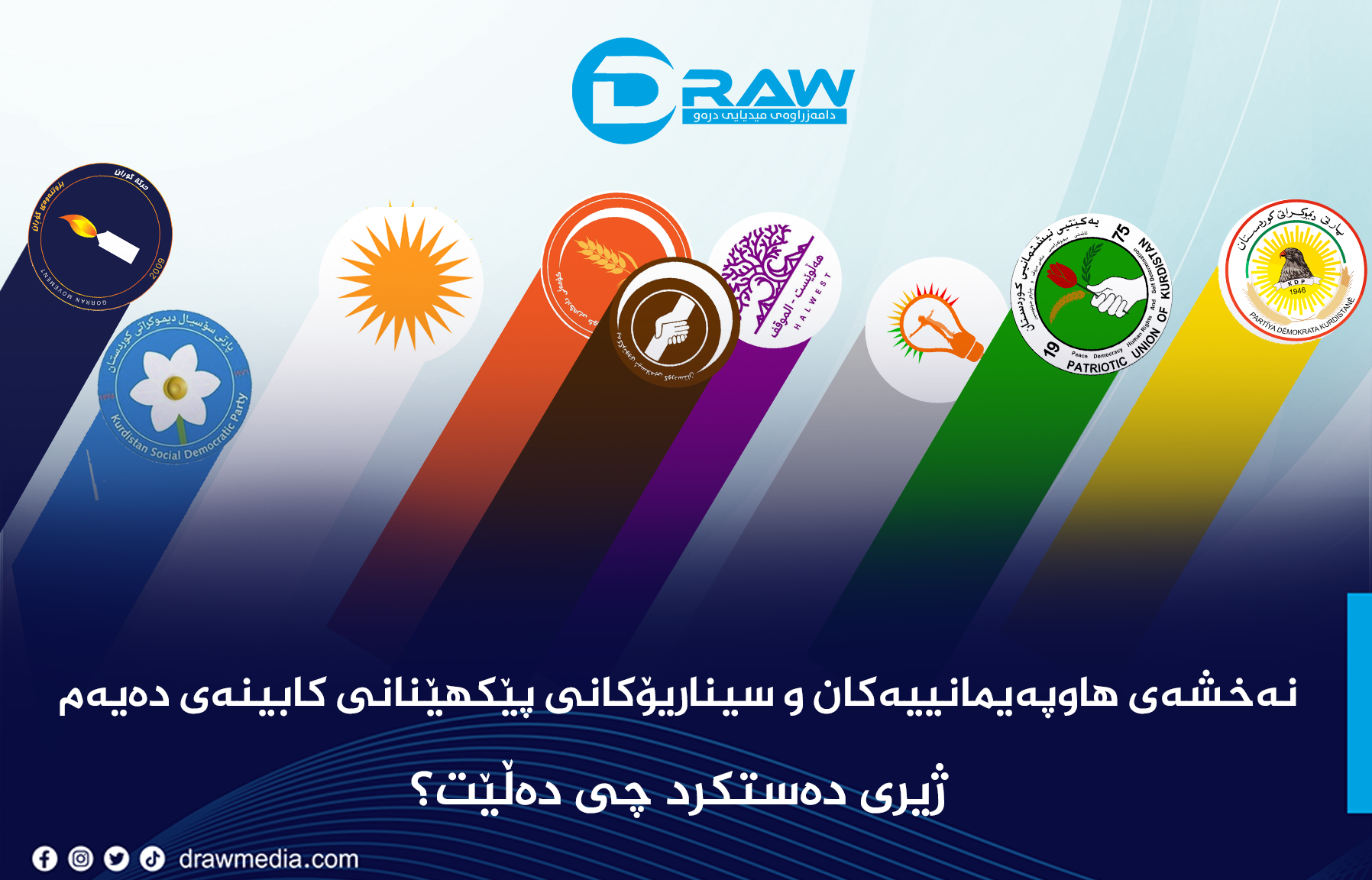
.png)

.png)
(1).jpeg)
